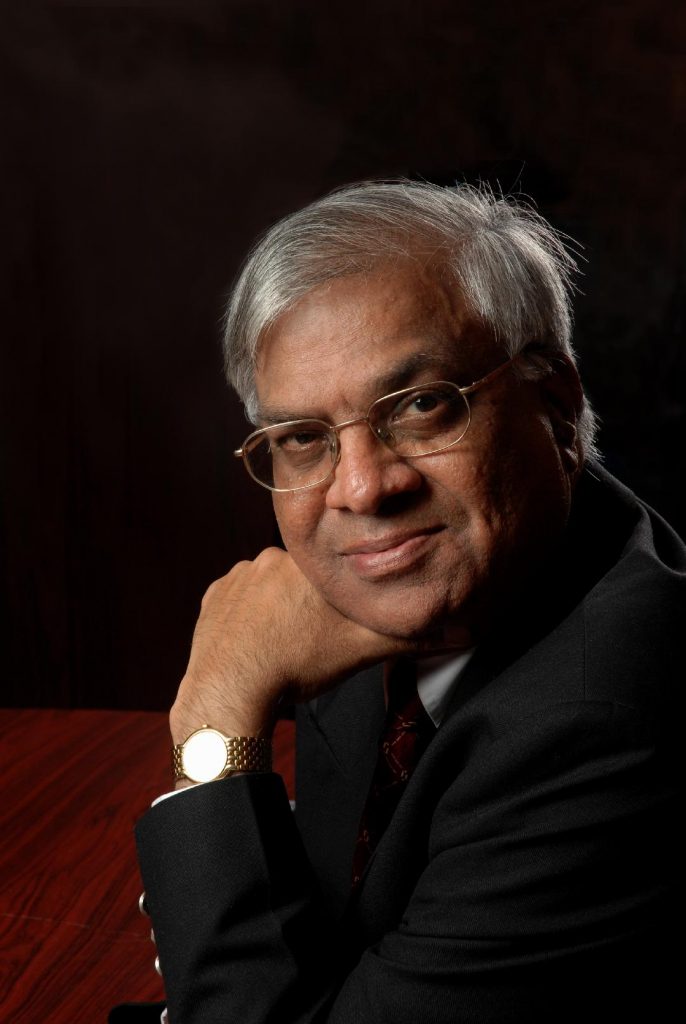By Jitender Bhargava

I have often been asked if the Covid-induced nightmares for the aviation industry can wholly be considered outdated. My view: not yet! Merely looking at the enhanced number of flights being operated or the number of passengers flying on a particular day or week or even in a month being higher than corresponding pre-Covid times and surmising that normalcy is back would tantamount to overlooking the big complex picture.
Recovery is an undeniable fact. It has been commensurate with relaxation in lockdown conditions and the resumption of normal activities in all spheres of our lives. However, as the fall in the number of air travellers has been humongous, it will take some more time for the airlines to regain total normalcy, including on the financial front. The grimness can be understood with these figures. In the pre-Covid year 2019-20, 141 million passengers had travelled on domestic sector flights in India. In the just-ended fiscal – 2021-22, only 84 million passengers travelled. Deficit: an astounding 57 million. The past has been turbulent, but the future is undoubtedly promising.
Is it then an opportune time to open a bottle of champagne to celebrate the recovery? Yes, by looking at the positive trends, but by remaining content with saying only two cheers for the present and withholding the third one until the recovery becomes sustainable, it is not so fragile that another wave of Covid negates the recovery process. The finality will come when the industry starts witnessing growth over the pre-Covid year levels on all key performance parameters.
Being cautiously optimistic may be permitted during this fragile recovery stage.
Regaining Lost Ground
It is an acknowledged fact that airlines the world over have taken extreme measures like prematurely retiring old aircraft, trimming networks, laying off staff and imposing wage cuts across the board to ensure survival. With revenues witnessing a massive drop due to the demand destruction inflicted on the industry due to severe lockdown conditions, globally controlling costs was the only mantra to stay afloat. The redeeming part now is that airlines have begun to optimise utilisation of fleet, expanding network, reinstating employees though profitability will remain a distant dream for many carriers.
It is ironic that while airlines are being able to add flights to meet enhanced passenger demand, the cost of air turbine fuel (ATF), which accounts for almost 40% of operational costs, has spiralled, forcing the airlines to increase fares to the extent the market can absorb. India being a highly price-sensitive market, airlines have never been able to pass the additional operating costs entirely on to the passengers through higher fares. On numerous occasions, it has been seen that as soon as fares are hiked, they become unaffordable for many, resulting in a corresponding fall in air travellers.
Passenger loads amply bear this out. While 3.28 million domestic passengers flew on 26,000 flights in the first 10 days of April, almost the same number of passengers were carried on only 25,000 flights in the first 10 days of March. The drop in the load factors in April has been largely attributed to higher fares charged by airlines due surge in fuel prices. The cost concerns will thus remain until ATF prices are moderate, which is unlikely as long as Russia-Ukraine is on the warpath.
International Travel
Indians have emerged as major travellers globally. Since many countries had shut their embassies/consulates during Covid induced lockdowns and many regular travellers saw their existing visas expire, these Indians, too, are thronging the embassies/consulates or the visa facilitating companies for the issue/renewal of visas. The spurt in international travel is in the offing for sure.
Willie Walsh, Director General of the International Air Transport Association, aptly summed up the emerging scenario when he said: “The recovery in air travel is gathering steam as governments in many parts of the world lift travel restrictions. States that persist in attempting to lock out the disease, rather than managing it, as we do with other diseases, risk missing out on the enormous economic and societal benefits that restoration of international connectivity will bring.”
The travel potential of the Indian market is not unnoticed by international airlines. While reinstating the pre-Covid flights, several airlines have also announced enhanced frequencies. Some airlines have announced new routes like the Sydney-Bangalore flight by Qantas. More and more airlines want a larger slice of the cake, which is good for the travelling public and the industry. Almost all metro airports are also pulsating with activity, as passengers are thronging the airports to fly, be it for business, leisure, social, etc.
Employees As Stakeholders
Employees, as stakeholders, were equally impacted when they either lost jobs or faced steep salary cuts. Many of them understood the compulsion because the airline’s future was at stake when flights were grounded in March 2020. However, now that airlines have almost reached the pre-Covid level of operations and carriage of passengers, employees have started asking management to reinstate salary cuts. This phenomenon is not just restricted to India but is worldwide.
Even though Indigo, the country’s most profitable airline, reinstated 8% of the cuts and announced a further 6.5% reinstatement later this year, the pilots were on the warpath, as they wanted all of the cuts restored immediately. Airline management is bound to look differently at the situation, unlike the pilots, who may not even be aware of the challenges confronting the airline. Sheer attainment of flights operated does not tell the whole story. An airline being able to earn revenues commensurate with pre-Covid level also matters, and the fact of astronomically high ATF prices, drop in load factor, and rising competition cannot be ignored. Employees as stakeholders have been through a rough patch.
Nevertheless, a focused and consolidated approach to managing this fragile recovery adds the silver lining to the dark cloud.
Jitender Bhargava, Former Executive Director, Air India & author of ‘The Descent of Air India’




